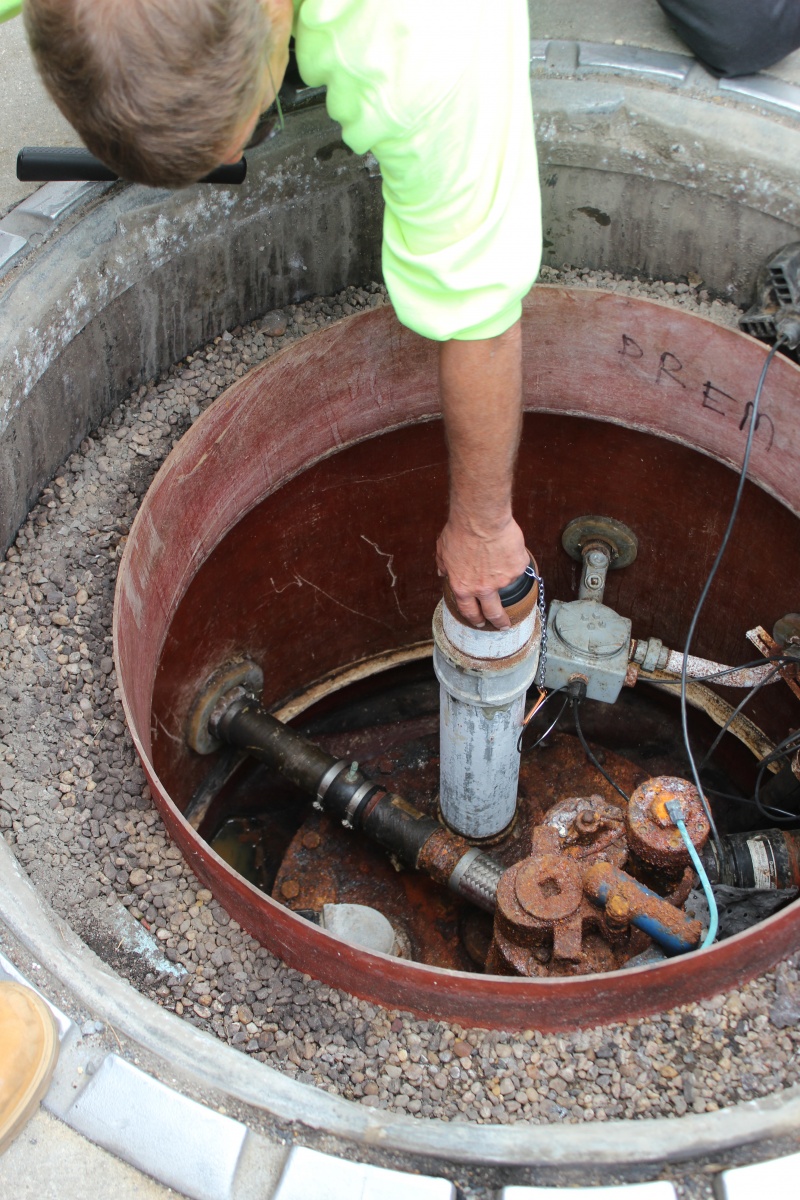
ARE YOU PREPARED FOR THE 2018 EPA REVISED UST/AST REGULATIONS?
NEW YORK STATE REVISED UST/AST REGULATIONS – Are you ready? Top 5 changes to the DEC PBS Regulations.
For the first time in more than 25 years, the EPA has revised its underground storage tank (UST) regulations. The updated regulations are designed to reduce the incidence and impact of the more than 6,000 releases discovered annually from USTs. The revised regulations add substantive requirements for existing USTs operated in New York. We’ve broken down the top 5 changes to help you better understand how the regulations effect you.
1. Is my tank regulated under the new requirements?
Knowing whether or not your tank is regulated is the first place to start. The new regulations offer new rules for determining if your tank is regulated and what regulations apply. Some key questions include:
- When was your tank installed?
- Is more than 90% of your tank aboveground?
- Does the product in your tank meet the definition of petroleum?
- Is your tank made of fiberglass-reinforced plastic (FRP)?
2. Mandatory 30 Day Walkthrough Inspections
Every 30 days owners and operators must visually check spill prevention equipment for damage, remove liquid and debris, check fill pipes for obstructions, ensure fill caps are securely fitted on fill pipes, and for double-walled equipment with interstitial monitoring check the interstitial area for leakage.
Learn More
3. Spill Prevention and Containment Sump Testing
Beginning on October 13, 2018 owners and operators must meet requirements for spill containment equipment and for containment sumps used for piping interstitial monitoring.
Learn More
4. Release Detection Equipment Testing
Owners and operators must test electronic and mechanical components of their release detection equipment for proper operation at least annually using one of the following options.
- Manufacturer’s instructions
- A code of practice developed by a nationally recognized association or independent testing laboratory
- Requirements developed by the implementing agency
5. Required Class A, B and C Operator Training
The federal Energy Policy Act of 2005 made UST operator training mandatory for states receiving funding from the Environmental Protection Agency (EPA). In addition, section 1524 of the Energy Policy Act established the basic operator classes and definitions and tasked the EPA, in cooperation with states, with developing operator training guidelines.
Learn More
For more information on the 2018 Federal UST Deadlines contact a Global Fueling compliance solutions representative at 631-293-6920 or write us here.